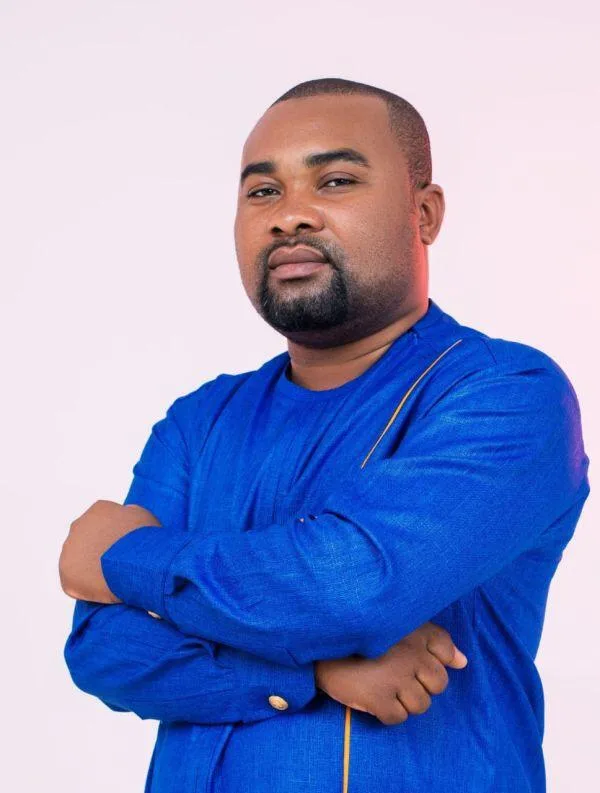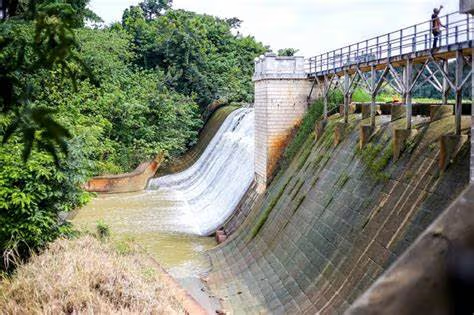24 Questions to Mahama’s 24-Hour Economy: Razak Kojo Opoku Writes

Razak Kojo Opoku, a concerned citizen, has posed 24 critical questions to John Mahama and the National Democratic Congress (NDC) regarding their proposed 24-hour economy policy. The questions seek clarity on various aspects of the policy, including its implementation, benefits, and potential challenges.
Opoku’s questions cover a wide range of topics, including the total cost of implementation, the policy’s effects on macro and microeconomics, exchange rates, debt reduction, and legal frameworks. He also inquires about the benefits for specific groups, such as farmers, villagers, and people with disabilities.
Some of the key questions include:
1. What would be the total cost for the implementation of the 24-hour economy? and what would be the significant effects of the 24-hour economic policy at the macroeconomics level, and microeconomics level?
2. How would the 24-hour economy help Ghana to reduce the exchange rate from $1 to 2ghc or $1 to 1ghc?
3. How would the 24-hour economy reduce Ghana’s debt from 767 billion Cedis to the debt level of 120 billion Cedis within 2025-2029?
4. What would be the legal framework supporting the 24-hour economic policy?, and what salary adjustments would the government introduced for the Public Sector Employees working under the 24-hour economy?
5. How would the villages, towns and communities without electricity benefit from the 24-hour economy?
6. How would the farmers and their workers benefit from the 24 hour economy?
7. How would Ghanaians benefit from the Ministries, Departments and Agencies of government that closes from work at exactly 5pm?
8. How would the limited number of Police and Security agencies sustain the 24-hour economy especially in the criminal zones, villages, towns and communities without electricity?
9. If there is a come back of DUMSOR, how would the 24-hour economy be implemented across the Country?
10. How would the aged, people with disabilities, babies, children, and the vulnerable in society benefit directly from the 24-hour economy as Citizens of Ghana?
11. What would be the correlation between the 24-hour economy and digitalization?
12. How would the 24-hour economy be successful without One District One Factory Programme of Akufo-Addo’s government?
13. How would the 24-hour economy be successful without Bawumia’s digital economic Policy initiatives?
14. What would be the significant contribution of the 24-hour economy to Ghana’s Gross Domestic Product(GDP) within 4years?
15. What would be the significant contribution of the 24-hour economy to the reduction of Banks interest rates on loans?
16. What would be the significant contribution of the 24-hour economy to the reduction of the Inflation rates?
17. What would be the significant contribution of the 24-hour economy to the attainment of the Sustainable Development Goals within 4years?
18. How would the Judiciary, lawyers, and the various Courts across the Country benefit from the 24-hour economy?
19. How would the marketwomen, traders, and the general private sector business community benefits DIRECTLY from the 24-hour economy?
20. Can the 24-hour economy address all the socioeconomic problems of Ghana?, and how feasible would that be practically?
21. How would the 24-hour economy benefit Public & Private Universities and other tertiary institutions in the Country?, and what would be the impact on students especially pregnant and nursing mothers?
22. How would the 24-hour economy protect the environment and natural resources of the State?
23. Practically, how would the 24-hour economy helps to reduce government’s borrowing from both the domestic and international markets?
24. How would the 24-hour economy address the structural problems of Ghana’s economy?, and help Ghana to pay all its internal and external debts?
Opoku also seeks answers on how the policy will contribute to Ghana’s Gross Domestic Product (GDP), reduce bank interest rates, and inflation rates.
Additionally, he asks about the policy’s impact on the judiciary, market women, traders, and the private sector business community.
The questions also touch on the policy’s feasibility in addressing socioeconomic problems, its benefits for public and private universities, and its potential to protect the environment and natural resources.
Opoku respectfully requests that John Mahama and the NDC provide sincere answers, supported by data projections and best practices, to these 24 questions within 24 hours.
This call for transparency and accountability aims to ensure that Ghanaians understand the implications and potential benefits of the proposed 24-hour economy policy.

